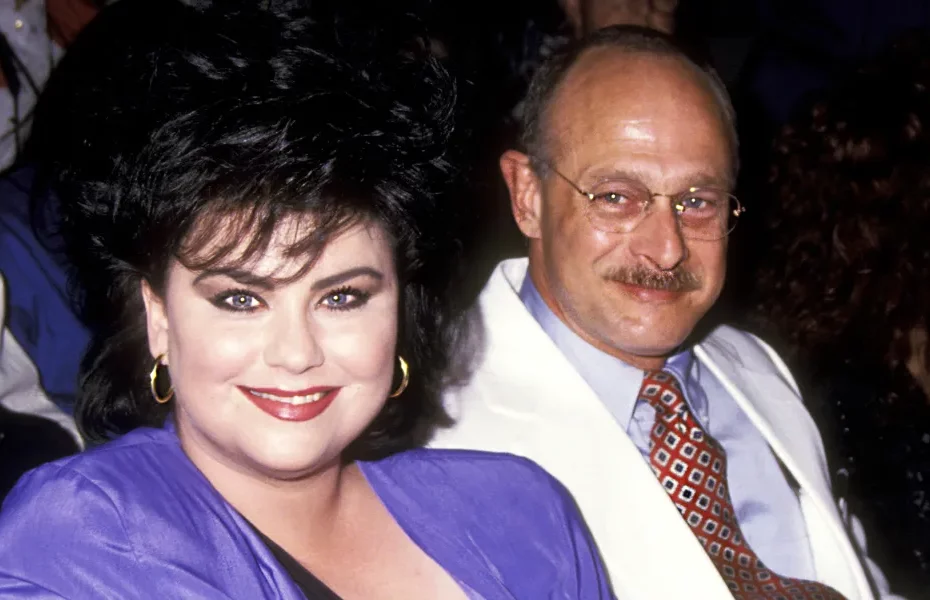
She was treated cruelly and “tortured” by the media for her noticeable weight gain, leading to dark days and harrowing personal battles. Take a look at this ’80s TV icon’s rise to fame, the struggles that followed, and the enduring love that brought her hope.
In the late 1980s, this actress became a household name, charming viewers with her sharp humor and larger-than-life personality on one of television’s most popular sitcoms. But as her fame grew, so did behind-the-scenes tensions and public ridicule over her weight.
However, through it all, one constant remained: her husband’s steadfast love. While the world fixated on her struggles, he offered her strength and support, helping her rebuild her life away from the limelight.

A Promising Career Overshadowed by Public Scrutiny
In 1986, this actress landed the role of Suzanne Sugarbaker on the hit sitcom “Designing Women,” where her striking charisma and sharp comedic timing brought her fame and admiration.

With her quick wit and undeniable charm, she won over audiences and seemed destined for a long, successful career. Yet, as the spotlight brightened, the pressures of Hollywood began to take a devastating toll on her mental health and self-esteem.
Behind the scenes, the actress was struggling with depression, a battle she had faced since her teenage years. By the end of the show’s second season, the condition worsened, leading to periods where she would isolate herself completely.
“Basically, I would shut down and hole up,” she later revealed. “I wouldn’t want to leave the apartment until I came out of this dark place. It was very debilitating.”

Her struggles became more apparent during the show’s fourth season, as crippling panic attacks began to affect her work. These episodes were terrifying, often causing her entire body to shiver.
Her co-star and close friend Dixie Carter would lay beside her and reassure her during these moments, offering much-needed comfort.

Despite these personal battles, the actress pushed forward in her role, but her weight gain soon became a target of relentless media scrutiny. As her figure changed, tabloids mocked her appearance with cruel nicknames like “Delta Bulk.”
The harsh coverage was emotionally devastating. “The tabloid machine tortured [her],” co-star Annie Potts later said. Reflecting on the public’s obsession with her body, the actress, a former Miss Florida, questioned why she was subjected to such ridicule.
“I didn’t do anything to deserve this. Why are they so cruel?” she asked. She compared her struggles to those faced by icons like Elizabeth Taylor, noting that many women in Hollywood were harshly judged for gaining weight.
The star’s depression and public humiliation drove her to food for solace. “When I would be depressed in L.A., it would be, ‘Let’s just have one Stouffer’s macaroni and cheese after another,’” she admitted.
The weight gain, however, wasn’t just about physical hunger. It symbolized deeper emotional struggles that she couldn’t resolve. Over time, the actress’s weight eventually climbed to 215 pounds, sparking tension with the show’s producers.
At one point the actress asked to be released from her contract, physically and mentally exhausted. “I wanted to leave, and I wasn’t allowed to leave,” she stated. Showrunners pushed to have her come back to the series.
Instead, a concerned friend admitted her to a hospital. “The nurse said I looked like a wounded animal. I didn’t really want to exist. I remember they weighed me and I was 170 pounds, and I wanted to die,” she revealed.




